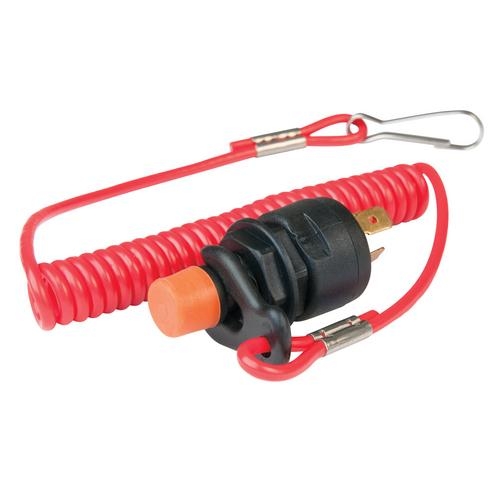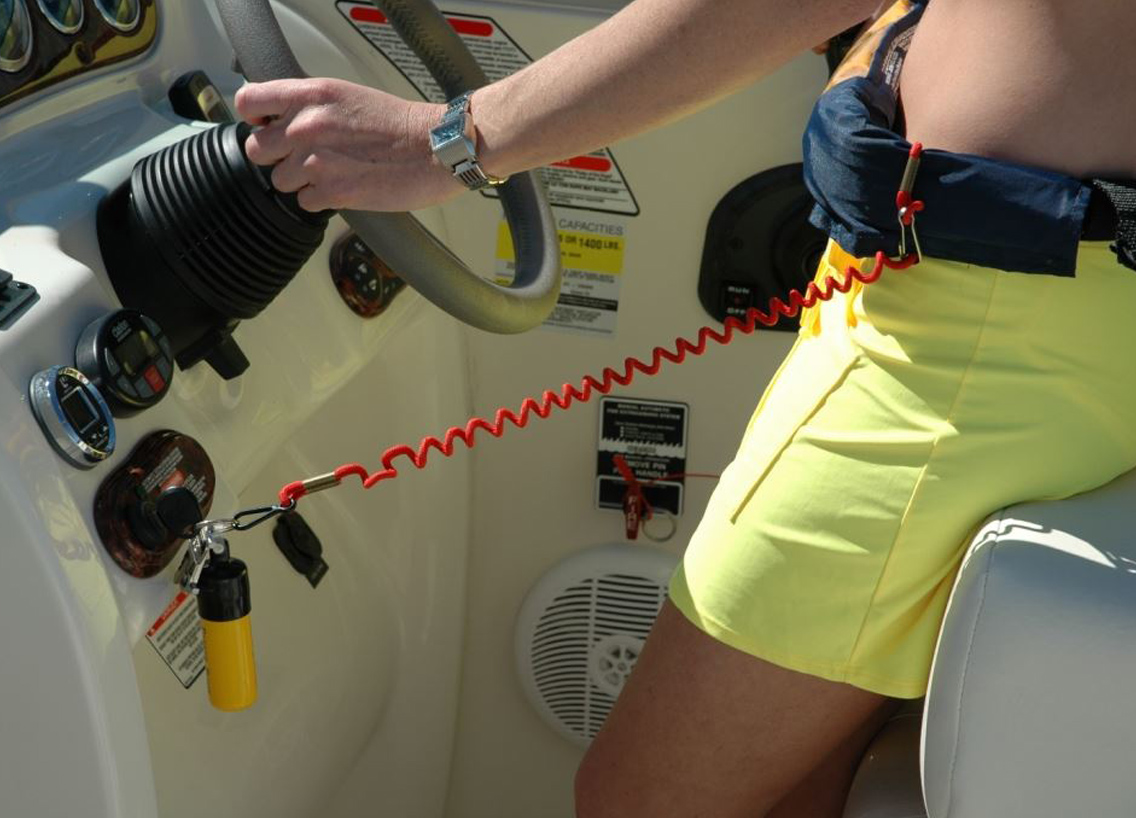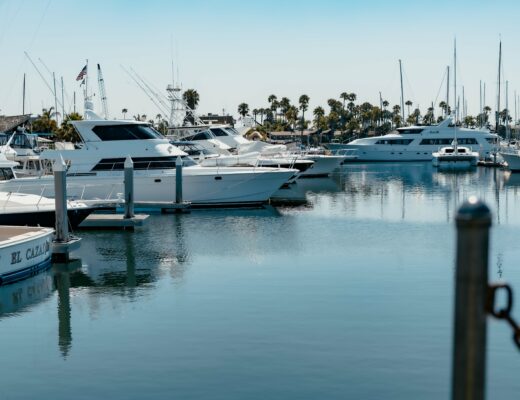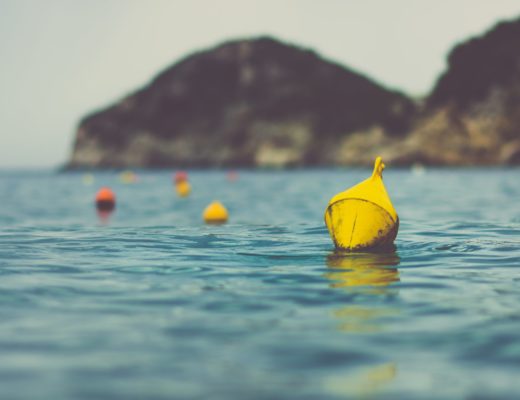In a previous blog we talked about wearing a kill-switch, eliminating the possibility of being hit by a boat or PWC, or struck by a spinning engine propeller if the driver is ejected. If the operator is thrown from the boat, the kill-switch is unplugged and the boat’s engine is disabled. We’ve had several questions come in regarding standard lanyard-style kill-switches that are available. Here are a few tips for recreational boaters.

Lanyard-Style Kill-Switches
Most boaters will use the cost effective (<$30) well-known lanyard-style kill switch. It consists of a cord or lanyard that is attached to the helmsman (captain/driver) around their wrist or body. The other end attached to a button/switch on the boat with a special clip.
How it works
These lanyards have a special clip which must be engaged in the button/switch to allow the boat to start or continue operating from a “run” position. It is important to note that the lanyard is attached to the helmsman. If they are thrown out of the boat, the kill-switches do not allow for the “run” position and hence the boat cannot be operated.
There are a couple of things to consider with a lanyard-style kill switch:
Tips and Best Practices
1. Consider having an extra lanyard clip in the boat or installing a kill-switch that allows for a manual override. This is important in case of an emergency, for example, retrieving your helmsman if they are ejected.
2. If you have a kill switch already installed, note that there are typically matched clips for each switch. Be sure to check compatibility if you are replacing your lanyard.
3. Consider installing a floating key chain to your lanyard. It is cheap insurance to avoid being stranded if your lanyard falls into the water.
4. If your boat does not have a kill-switch already installed consider having it professionally installed.
Alternatives
A growing alternative device is a wireless man-overboard alarm system, often more appropriate for larger boats and to provide a safeguard for a full crew. We will cover this in more detail in a future blog.






